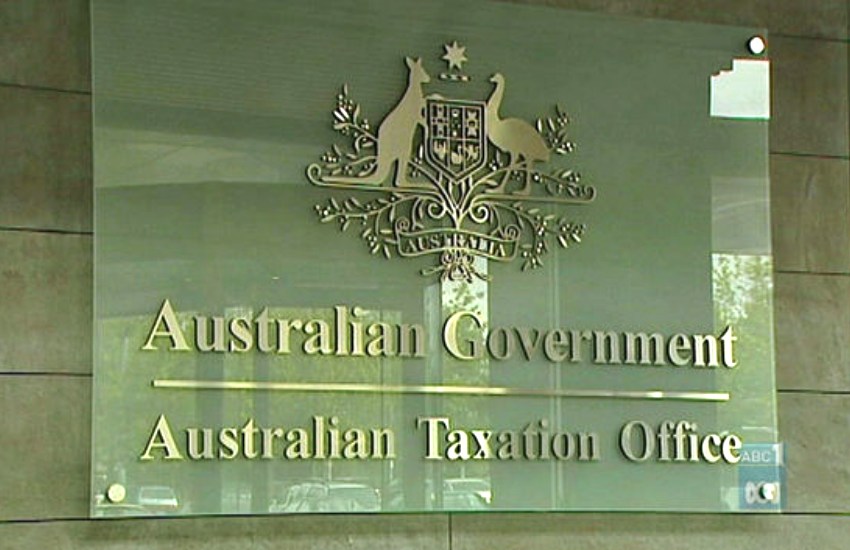On 14 December 2017, the ATO suspended its “Assessing the Risk: Allocation of profits within professional firms” guidelines and Everett assignment web material after the agency became aware of certain high-risk factors not specifically addressed within the guidelines, including the use of related-party financing and self-managed super funds.
The Tax Office has been working on new guidelines since early 2018, but it has yet to finalise its new advice.
You’re out of free articles for this month
However, in a move that has been tipped as a welcome development, the ATO has provided certainty for the year ended 30 June 2019, noting that taxpayers who have entered into arrangements prior to 14 December 2017 can continue to rely on the suspended guidelines as long as they meet certain conditions.
The conditions include having the arrangement comply with the suspended guidelines, being commercially driven and does not exhibit any of the high-risk factors identified by the ATO.
These high-risk factors include a lack of any meaningful commercial purpose regarding arrangements including a disposal of an equity interest through multiple assignments, the creation of new discretionary entitlements such as dividend access shares and utilising amortisation leading to differences between tax and accounting income.
Concerns also include a disregard for CGT consequences and inappropriate use of CGT concessions, assignments where profit sharing is not directly proportionate to the equity interest held and the creation of artificial debt deductions.
The ATO also has concerns with those undertaking an assignment to dispose of an equity interest to a self-managed super fund, and assignments where the arrangement is not on all fours with the principles of Everett and Galland.
“Where these conditions are satisfied, they will be considered lower risk for the year ended 30 June 2019,” said the Tax Office in an online update.
“Where individual professional practitioners are contemplating new arrangements, or have concerns or uncertainty regarding potential high-risk factors within their current arrangements, they are encouraged to engage with us as soon as possible.”
Speaking to Accountants Daily, TaxBanter senior tax trainer Robyn Jacobson said that while the announcement was a welcome development, the profession would still need greater certainty through updated guidance.
“While the recent announcement seemingly provides some certainty, it is important to remember that the guidelines do not necessarily provide a green light to a taxpayer regarding their arrangement,” Ms Jacobson said.
“The ATO’s position is that they will consider an arrangement to be ‘low risk’ where the requisite conditions are satisfied — i.e. there is a low possibility of compliance resources being allocated to review the arrangement — but it doesn’t mean the ATO won’t undertake a review of the arrangement.
“The profession needs clarity on the allocation of profits within professional firms, and keenly awaits the release of the ATO’s new guidance. The only other guidance currently available is a series of old IT rulings.”
Jotham Lian
AUTHOR
Jotham Lian is the editor of Accountants Daily, the leading source of breaking news, analysis and insight for Australian accounting professionals.
Before joining the team in 2017, Jotham wrote for a range of national mastheads including the Sydney Morning Herald, and Channel NewsAsia.
You can email Jotham at: This email address is being protected from spambots. You need JavaScript enabled to view it.

 Login
Login







